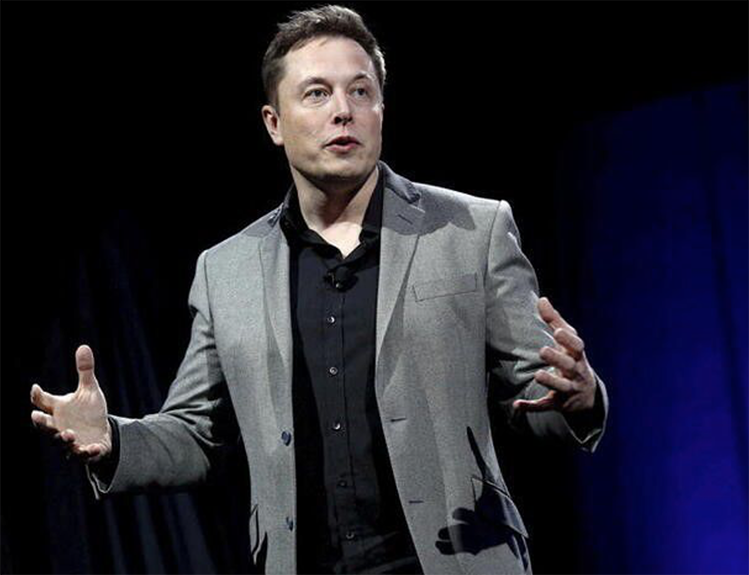I’m worn out again, good people! I spent the earlier part of this week at NAMPI, a Medicare Program Integrity conference, talking about data, AI, and algorithms. It’s good to be back serving up this week’s tech news.
Tune into me, Mark Starling, John, and the First News 570 crew. This week’s top tech news: a Michigan man brings in his own broadband service, fraudsters launder half a billion over crypto, and Musk sells a chunk more Tesla for big Twitter. You can listen to me and Mark Starling point and laugh at all things tech every Thursday at 643 am ET live on the radio or the iHeartRadio app.

FRAUDSTERS LAUNDER HALF A BILLION DOLLARS VIA CRYPTO
One reason crypto promoters hype up cryptocurrencies and blockchain is its way of delivering some transactional anonymity. The blockchain analysis group Elliptic has estimated criminals and fraudsters have laundered over $540 million using a “mixing service” called RenBridge. RenBridge is a cryptocurrency service that gives holders of one cryptocurrency the ability to covert their crypto into another. Bitcoin holders can convert their holdings into Ethereum or some other currency. RenBridge has been used to launder money for Russian and North Korean based bad guys. The US Treasury has sanctioned mixers Tornado Cash and Blender.io for providing the same services to criminals using blockchain. Here’s the think. If you really wanted to convert your currencies you could handle the trades yourself like everyone else using your Coinbase account or other. People who are deep into mixing services are operating in those areas with the idea of keeping their transactions secret to the point they are hard to track even across blockchains.
MUSK SELLS 7 BILLION TESLA SHARES IN CASE TWITTER DEAL HAPPENS
To also be filled in the, we told you so column. After claiming her wouldn’t need sell Tesla stock to finance the Twitter deal, Elon Musk sold $6.59 billion of Tesla stock. He explicitly said he needed to raise the money in case the deal actually goes through and his equity partners bail out. Now, when this whole saga started, Musk said he wouldn’t need to sell stock to purchase the company. This week, he doesn’t want to force and emergency sell off to finance the deal. The sale comes after last week’s shareholders meeting, and after Tesla unloaded $2 billion of Bitcoin it had invested in. Musk said they purchased a basket of traditional companies after unloading the crypto. I guess he wanted something more real.
Yes.
— Elon Musk (@elonmusk) August 10, 2022
In the (hopefully unlikely) event that Twitter forces this deal to close *and* some equity partners don’t come through, it is important to avoid an emergency sale of Tesla stock.
MICHIGAN MAN EXTENDS HIS SMALL BROADBAND EMPIRE
There’s absolutely one thing I love, American ingenuity. Akamai network architect, Jared Mauch had a simple problem. He needed broadband access delivered to his Washtenaw County home. AT&T would only supply 1.5 megabit access, and Comcast wanted $50k to bring broadband to his house. He would have given Comcast the money if they asked for 10 thousand. Instead, Jared brought his own fiber and began providing service to his neighbors. Later, he expanded his customer base to 70 households. Now, with a $2.6 million grant from the American Rescue Plan, and a contract with the country he will be providing fiber access to more than 417 rural homes. Jared fills a legitimate gap the larger companies had no interest in. Furthermore, he’s charging decent rates! $55 per month for 100 Mbps, and $79.99 per month for 1 gigabit Internet. That’s what I’m paying Verizon in a so-called competitive market. Hats off Noah. He’s a man from my own heart. Solving problems for his community.
Hi everyone, thanks for reading this week’s top tech stories. This month’s episode of The Cloud is about crypto. I hope you enjoy it. If you haven’t checked out The Cloud it’s available at all of your local podcast outlets. Please make sure you sign up for the newsletter.
Thanks for reading and have an awesome weekend.


